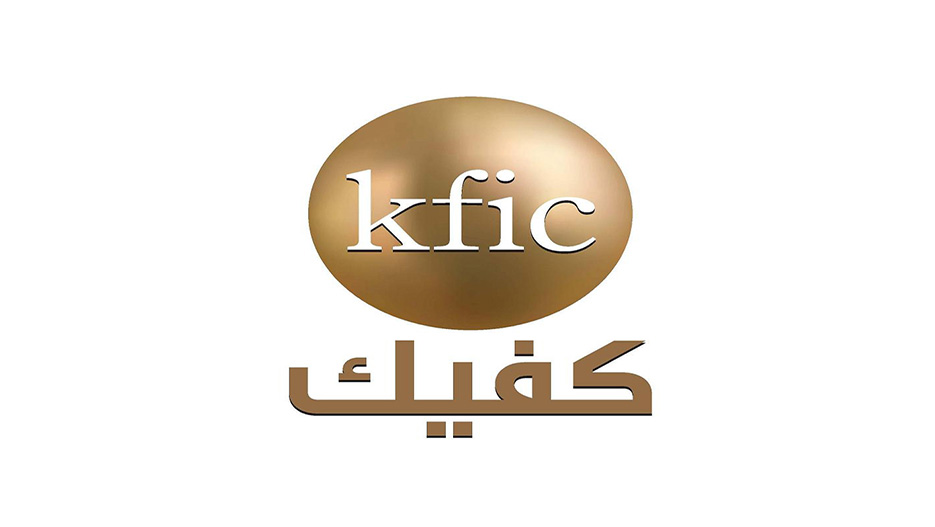GCC Equity Markets August 2017 Review by Kuwait Finance and Investment Company (KFIC)
According to the Equity Markets August 2017 Review by Kuwait Finance and Investment Company (KFIC), GCC equities, as indicated by the MSCI GCC IMI Index increased by 0.83%. Kuwait’s Weighted Index was the top performing regional index and Qatar’s QE index was the worst performing index.

Equity Markets Monthly Review
August 2017
International Economic Overview:
Global developed equity markets cutback during the month of August as the MSCI World Index decreased -0.69% MTD Shanghai SE Composite was the top performing developed market index, followed by Dow Jones Industrial Average. In the US, the S&P 500 fell by -0.51% as Wall Street dealt with several issues throughout the month, including political events, geopolitical tensions and Hurricane Harvey that devastated Texas’s Gulf coast region. During this month, US reported the highest growth in employment since March, totaling 237,000 job additions, President Donald Trump announced plans to reduce US tax rate by 15% as it would create additional jobs and a rise in wages. In the UK, the FTSE 100 declined by -0.09% as fears around Brexit continued to unnerve investors. In Europe, the Euro weakened to 1.20 EUR/USD compared to 1.18 EUR/USD during the beginning of the month which led to a moderate inflation rate in august, accordingly in France, the CAC 40 fell by -0.73 %, Germany’s DAX index dropped -0.96% as reduction in exports have put pressure on European benchmarks. In Japan, the Nikkei 225 fell by -2.10% as Yen strengthened, which is seen as a negative for Japanese export-oriented stocks. In China, the Shanghai composite rose by +2.77% due to solid economic and earnings growth in China in recent months. In commodities, oil prices declined as WTI fell -8.56% to close at USD 46.0bb/l and Brent declined by -4.05% to close at USD 50.7 bb/l. due to hurricane Harvey more than 20% of US refineries shut down, which led traders to invest in gold futures instead as Gold prices rose by 3.71% to close at USD 1,308.6/oz.
GCC Economic Overview:
In Saudi Arabia, fiscal deficit dropped 51% (YoY) to SAR 72.73 billion in the first half of 2017 which is “credit positive” for the Kingdom, Moody’s Investors Service said in a recent report. The deficit cut is largely attributed to a sharp increase in oil revenues from higher oil prices, despite the government’s wide-ranging economic and fiscal reforms to reduce its dependence on oil revenue. In Kuwait, S&P global ratings has maintained Kuwait’s credit rating at AA with a stable outlook. The outlook reflected S&P’s expectations that Kuwait’s public balance sheets and external financial positions will remain strong backed by huge financial assets, the agency also ranked Kuwait ‘4’ on a scale of ‘1’ (strongest) to ‘10’ (weakest) in Banking Industry Country Risk Assessment. UAE will begin imposing excise tax on selected goods starting October, the legislation covers the production or import of the excise goods, along with stocking of such goods. The rates cannot exceed 200 percent of the excise price, approximately 350,000 companies are expected to register for VAT. The tax was likely to push overall consumer prices up by roughly 1.4 per cent. Tax is forecast to generate up to AED 7bn in annual revenues for the federal budget. In Qatar, S&P Global Ratings affirmed Qatar’s ‘AA-/A-1+’ long-and short-term foreign and local currency sovereign ratings with a negative outlook, due to the ongoing blockade imposed by a coalition of Arab nations on the country. In Oman, Central Bank of Oman announced plans to raise OMR150mn from development bond issue. The bonds will have a maturity period of 10 years and will carry a coupon rate of 5.75% per annum.
GCC Equities Review:
GCC equities, as indicated by the MSCI GCC IMI Index increased by 0.83%. Kuwait’s Weighted Index was the top performing regional index and Qatar’s QE index was the worst performing index. Saudi Arabia’s Tadawul index surged by +2.23% with positive contribution coming from Capital Goods +8.26%, Consumer Services +5.15%, Banks +4.84% , Food & Beverages +3.29% and REITS +3.58%. Negative contribution coming from Media -8.67%, Utilities -1.22% and Retailing -0.98%. Kuwait’s Weighted Index increased by +4.18% mainly due to significant gains in Telecom +8.95%, Banks 5.62%, Real Estate 2.98% Industrials +1.93% and Consumer Services +0.98%. Negative performance came from Consumer goods -3.38% and Oil & Gas -1.71%. Dubai’s DFM index rose by +0.12% as strong performance was seen from Real Estate +0.95% and banks +0.61% and weak performance was reported in Services -8.06%, Telecom -4.58% and Investment & Financial Services -2.64%. Abu Dhabi’s ADSM index decreased by -2.14% mainly from Services -8.47%, Financial Services & Investment -4.57% and Telecom -4.00%. Positive contribution came from Energy +4.47% and Industrial +3.86% and Insurance +2.31%. Qatar’s QE Index dropped by -6.44% due to declines in all sectors, mostly Real Estate -11.41%, Telecom -8.92% , Consumer -7.28%, Industrials -6.59% and Banks & Financial Services -5.89%. Oman’s MSM 30 Index strengthened by 0.56% meanwhile negative contribution came from Services -1.29% and Banking -1.01%. Bahrain’s BB All Share index fell by -1.91% primarily due to a decline from Industrials -0.98%, Hotels & Tourism -0.55%. Positive impact came from Insurance +3.37% and Banks +0.07%.
Source: KFIC Research, Reuters, Bloomberg, Arabian News, Argaam, Arab Times, KUNA, WorldBank, IMF
About Kuwait Finance and Investment Company (KFIC):
Interview with Tareq Mishari Al Bahar, KFIC’s Board Member & CEO of KFIC: Kuwait Finance and Investment Company (KFIC), a Well-Established Asset Manager in Kuwait
FAIR USE POLICY
This material (including media content) may not be published, broadcasted, rewritten, or redistributed. However, linking directly to the page (including the source, i.e. Marcopolis.net) is permitted and encouraged.